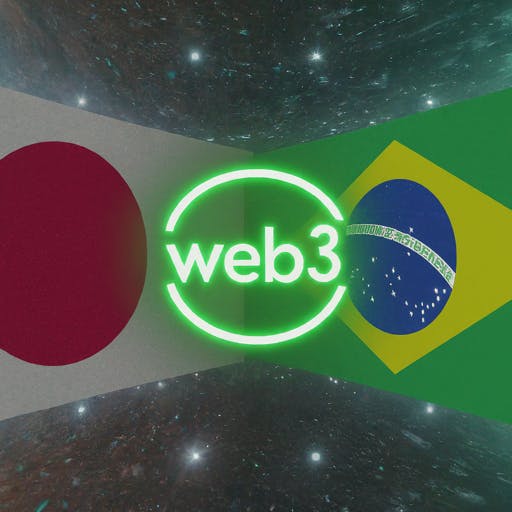465 reads
Brazil and Japan Forge a Web3 Path: A New Era for Economic Cooperation
by
June 2nd, 2024
Audio Presented by

Hugh writes about cyberspace, digital currencies, economics, foreign affairs, and emerging technologies.
Story's Credibility



About Author
Hugh writes about cyberspace, digital currencies, economics, foreign affairs, and emerging technologies.
